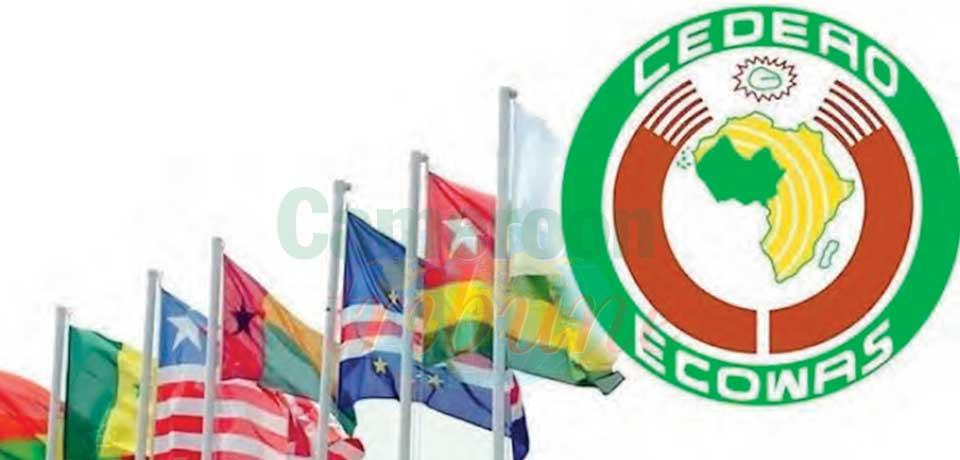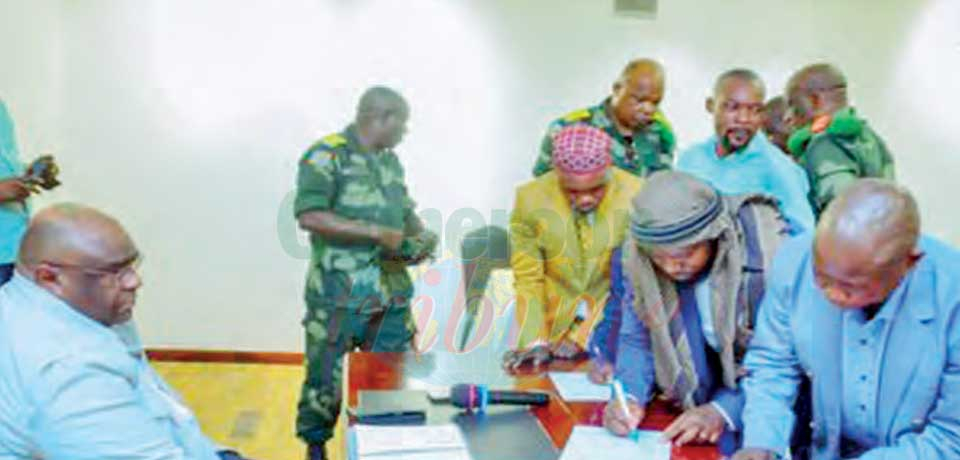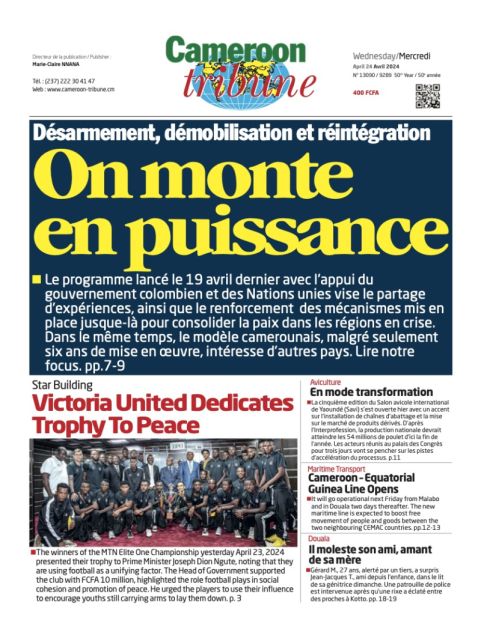Instability In West Africa : ECOWAS At Crossroads
- Par Eldickson Agbortogo
- 12 avril 2022 13:03
- 0 Likes

Several years after its creation, the regional bloc is going through the test of time with members forced to deploy extra intellectual and human resources.
Since the establishment of the Economic Community of West African States (ECOWAS), on the 25th of May 1975, the bloc has never found itself in tempting moments like the past three years. Apart from the usual cross boundary disputes and disagreement on certain issues like trade tariffs, organization has recently come under serious criticism due to what some analysts say is her ineffectiveness in enforcing good governance in the region and the non-commitment of some member states to comply with its protocols. Fifty-years after the putting in place of the 15-member organization whose aim is to promote regional economic and security integration, the bloc has been marred by incessant instabilities.
The root causes of some of these instabilities can be traced from the attitudes of incumbent Presidents to seek dubious means of staying in power by carrying out constitutional amendments making peace a farfetched dream. Attempts by other political stakeholders (political parties and civil society) to draw their attention to the fact that elongating their stay in power against the wish of the people is a violation of the constitution, is met with heavy repressive measures from the forces of law and order that feed fat with the incumbent and his clan. Anything less than this, is a military coups which has now rocked the region forcing ECOWAS to adapt variant measures in trying to re-instate democratically elected governments in Mali, Guinea and Burkina Faso.
While in the case of Mali, the West African bloc swiftly applied Article 45 (1) of the 2001 Good Governance and Democracy Protocol which says that, “when there is any unconstitutional change of government in a member state, accompanied by widespread human rights abuses, ECOWAS must impose sanctions on the member state. Such sanctions include suspension of membership and the closure of land borders by member states. The latter is meant to halt trade and other cross-border economic activities. The intention is to pressurize the junta to return the country to a constitutional order”, it was totally mute on the case of Guinea Conakry and Burkina Faso. In the case of Guinea, although Alpha Conde’s ove...
Cet article complet est réservé aux abonnés
Déjà abonné ? Identifiez-vous >
Accédez en illimité à Cameroon Tribune Digital à partir de 26250 FCFA
Je M'abonne1 minute suffit pour vous abonner à Cameroon Tribune Digital !
- Votre numéro spécial cameroon-tribune en version numérique
- Des encarts
- Des appels d'offres exclusives
- D'avant-première (accès 24h avant la publication)
- Des éditions consultables sur tous supports (smartphone, tablettes, PC)













Commentaires